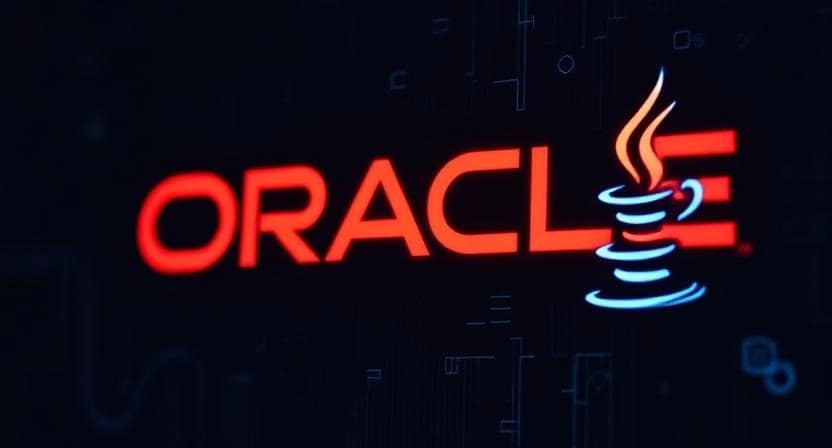
A recent SD Times survey revealed a striking trend—88% of companies are actively considering moving away from Oracle Java. The reasons? High licensing costs, complex cloud migration, and scalability limitations.
For decades, Java has been a dominant force in enterprise software, powering mission-critical applications across industries. However, with modern businesses demanding flexibility, cost-effectiveness, and seamless cloud integration, many are re-evaluating their technology choices.
This shift has fueled the adoption of JavaScript-based technologies like Node.js, React.js, Next.js, and React Native, which offer greater scalability, reduced costs, and faster development cycles.
At Faircode Infotech, we’ve witnessed this transformation firsthand. Having built and optimized full-stack JavaScript solutions for various industries, we’ve seen how companies benefit from making the switch.
In this article, we’ll explore the key findings from the SD Times survey, why JavaScript is emerging as a strong alternative, and how businesses can strategically transition to a more efficient tech stack.
The SD Times survey provides key insights into why enterprises are considering a Java exit:
For years, Java’s extensive libraries and enterprise-grade security made it the preferred choice. However, with modern cloud-based and microservices-driven architectures becoming the norm, businesses need lighter, more flexible alternatives.
This is where JavaScript, particularly in the form of the MERN stack (MongoDB, Express.js, React.js, and Node.js), is emerging as the go-to solution.
One of the biggest frustrations with Java is Oracle’s licensing fees. Since 2019, businesses have been required to pay for Java SE (Standard Edition) usage, significantly increasing operational costs.
On the other hand, Node.js and React.js are open-source, with no licensing costs. Businesses migrating from Java to JavaScript-based stacks can cut software expenses by up to 35%.
Example: A logistics company saved over $250,000 annually in licensing fees by switching from Java to a MERN stack.
Traditional Java applications require separate teams for backend (Java, Spring Boot) and frontend (Angular, JSP). This increases complexity and slows down development.
With MERN stack, developers can work on both frontend and backend using a single language (JavaScript), leading to:
Example: A SaaS company reduced its go-to-market time by 6 months by adopting Node.js + React.js over a traditional Java-based monolith.
Modern enterprises are shifting from monolithic Java applications to microservices-based cloud architectures. However, Java’s resource-heavy nature makes this transition expensive and complex.
In contrast, JavaScript frameworks like Next.js, Express.js, and Fastify offer:
Example: A healthcare company reduced cloud costs by 50% after moving from Java/Spring Boot to a serverless Node.js architecture.
Java-based frontends (JSP, JavaFX) struggle with modern UX expectations. In contrast, React.js powers fast, interactive, and SEO-friendly web applications, while React Native enables cross-platform mobile development with a single codebase.
Example: A retail business expanded its customer base by launching a React Native mobile app in half the time of a Java-based solution.
At Faircode Infotech, we’ve helped businesses across industries migrate from Java to scalable, high-performance JavaScript solutions. Our 30+ JavaScript specialists assist in:
With enterprises actively moving away from Java, now is the time to consider future-ready alternatives.
88% of companies are already rethinking Java—should you?
The transition away from Oracle Java is not just a trend—it’s an industry shift driven by the need for cost efficiency, scalability, and cloud readiness. JavaScript has emerged as a leading alternative, offering greater agility, lower costs, and faster development cycles.
At Faircode Infotech, we specialize in building future-ready, full-stack JavaScript solutions that help businesses stay competitive in a rapidly evolving digital landscape.
If you’re considering a strategic tech shift, JavaScript might just be the right move for your business.
Tell us some details about your project, and we will get back to you soon.